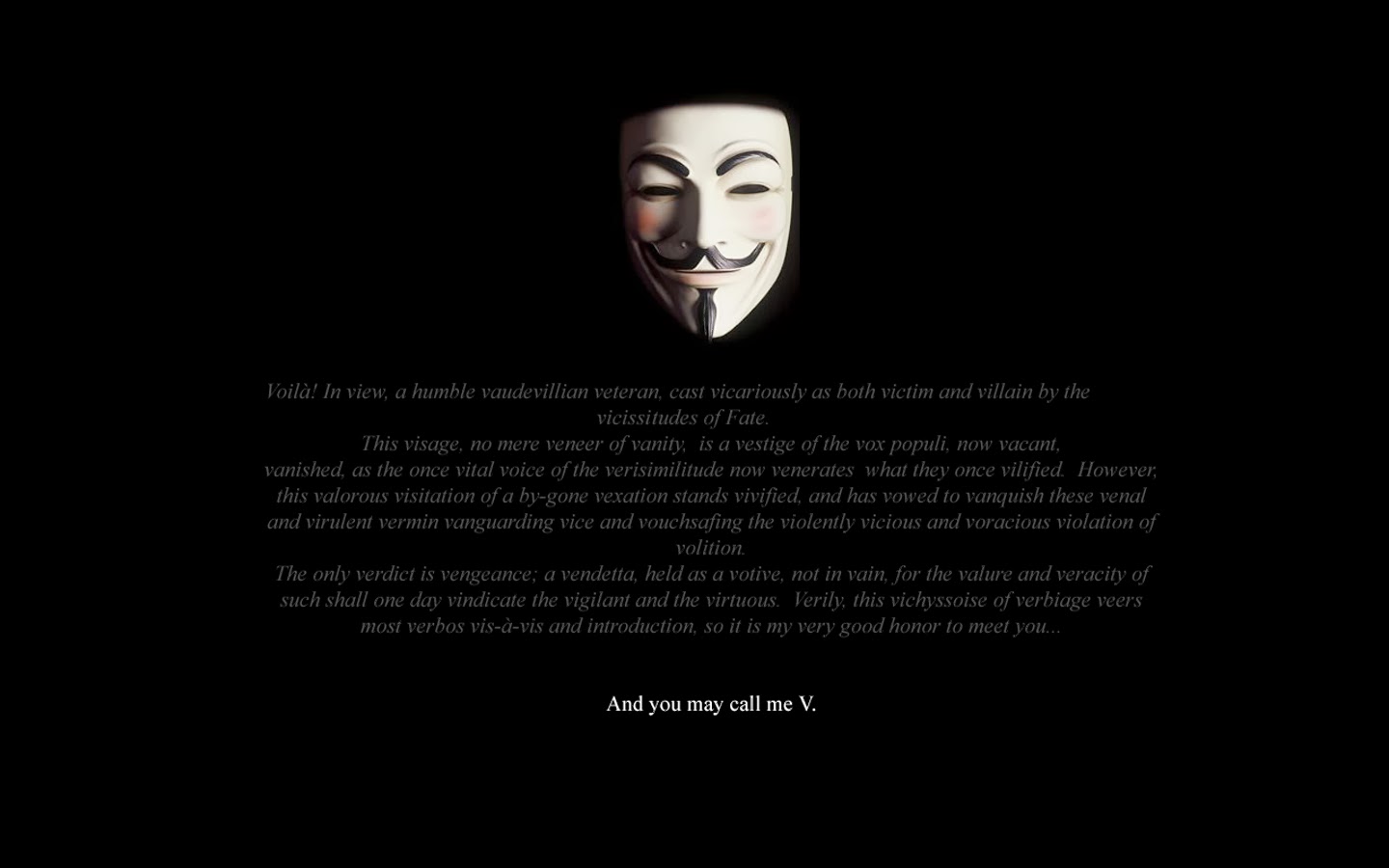The first batch of
iPhone 4s isn’t exactly wooing the world. The phones seem to be plagued with various deal-breaking issues. I’m not sure I would feel comfortable waiting in line for this Jesusphone right now knowing that these four hardware problems are so rampant. Hopefully the problems are being worked out right now in some Foxconn factory and later shipments won’t have so many issues.
It scratches & shatters like glass

The iPhone 4’s front and back panel are made out of chemically-strengthened Gorilla Glass instead of shiny plastic like older iPhones. Gorilla Glass is tough, and should hold up better than the plastic, but this is a phone we’re talking about. I know my handsets have been dropped hundreds of times and more often than not, have lived with my keys in my pocket. That’s not exactly a safe environment for glass of any sort.
There are yellow bands and/or dots on the screen

Steve Jobs proudly talked about the iPhone 4’s retina 960 x 640 LCD and after checking it out for ourselves, we gladly drank the kool-aid. It’s awesome. Well, at least it’s awesome when it doesn’t have yellow bands and dots on it.
Some are speculating that these areas of pale yellow are related to how the phone is being held, but so far Apple hasn’t stated anything on the subject. Perhaps it was just a bad batch of screens and later version won’t have this issue. It certainly speaks to Apple’s quality control, though. Gizmodo so far has
27 examples of this issue documented and that’s likely just a small sampling.
Reception is lost when touching the bezel
The iPhone has never been called a reliable calling device. Oh no, but that’s more because of AT&T’s piss-poor service than the device itself. However, this version was supposed to help by moving the antenna to the bezel, rather than behind a backplate.
I’m sorry to say, though, the iPhone 4 is
still dropping calls. In fact it seems that bars are lost when the phone is held by its bezel, because apparently your hand is bridging the antennas located on both sides of the the bezel. But if you slip on a cover, therefore killing any connection between your conductive skin and the metal bezel, the issue goes away.
Again, hopefully these problems are being resolved right now. I would seriously think twice about getting one within the next week or two, though. Apple will likely acknowledge at least the reception and yellow banding issue soon and suggest a workaround for early buyers. But if you do happen to get one from the first batch, make sure you take full advantage of AT&T’s 30-day return and exchange policy. It might be best to actually hold off contacting AT&T for a week or two with the hope that you’ll get a device from another batch rather than the first round — or better yet, don’t buy one at all for a few weeks.
Update: The discolored screens are
reportedly due to still-wet glue, but now there’s a new issue:
some cameras are crashing the devices. Almost certainly a software problem, but still worth mentioning here.











